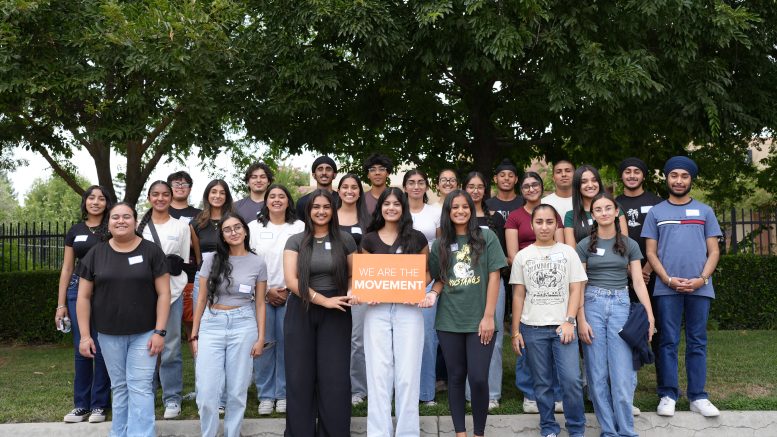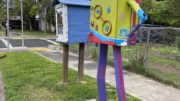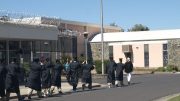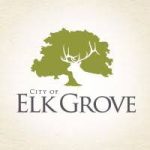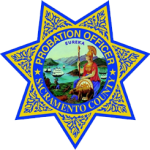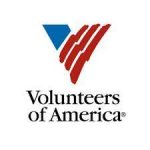Jakara Movement seeks to better community by engaging youth and bolstering educational support
Central to the Sikh religion and way of life is the concept of seva—selfless service performed for the greater good of mankind, with no expectation of reward or personal gain. It’s a sacred tradition taught and practiced from childhood, and can be carried out in a myriad of ways—from cleaning the local gurdwara to feeding the unhoused to philanthropic giving.
“(Seva) absolutely ties into the programming we do,” says Jaskeet Kaur, Fresno County community organizer for the Jakara Movement, a grassroots community-building organization dedicated to empowering, educating, and organizing working-class Punjabi Sikhs and other marginalized communities. Much of Jakara’s work involves youth engagement, and Kaur—who oversees roughly a dozen chapters of the student-enrichment focused Sikh Honors & Service Society—says much of the work is different manifestations of seva.
“High schoolers need to complete whatever community service may look like to them, right?” she says. “This club allows them to complete that service within their own communities and redefine what seva may look like, like helping someone with a college application or otherwise helping them prepare for their future.”
“In many families, even when it comes to anything politically related, (older people) are way more aware of what’s going on in Punjab than what’s happening in their own neighborhoods. And so that’s definitely like a bridge that we’re trying to gap here.”
Jaskeet Kaur, Fresno County Community Organizer, Jakara Movement
Kaur says the concept likewise applies to Jakara’s activism and community engagement: “When you’re going door to door in your neighborhood to make neighbors aware of what’s happening locally, or inviting them to events like our monthly farmers’ market or providing resources for your community … that can definitely be seva.”
Speaking from experience, Kaur says that the Jakara Movement has played an important role in the lives of many first-generation Punjabi immigrants like her—in the Central Valley and statewide—beginning from a young age. She started going to day camps hosted by the organization when she was seven years old. She got more involved as a student at Fresno State, where she became a leader in Jakara’s Sikh Collegiate Federation, and joined the staff after graduating in 2020.
While in school, Kaur held an internship at Fresno City Hall (“Also thanks to Jakara,” she says), which gave her insight that fueled her passion for community engagement and facilitating change: “It kind of opened my eyes to just how few Punjabis there were, not just like at an elected level, but even behind the scenes at an administrative level and in offices and things like that.”
Kaur says that Jakara’s youth engagement is not just important for young people, but for the larger Punjabi community. Not only does it give young people, and especially students, support they might not find elsewhere, but she explains that young people play an important role in Punjabi families.
“In many families, even when it comes to anything politically related, (older people) are way more aware of what’s going on in Punjab than what’s happening in their own neighborhoods. And so that’s definitely like a bridge that we’re trying to gap here. … It’s really important to me that we’re engaging youth because we know they will take those conversations home.”
For more information about Jakara Movement, go to www.jakara.org.

